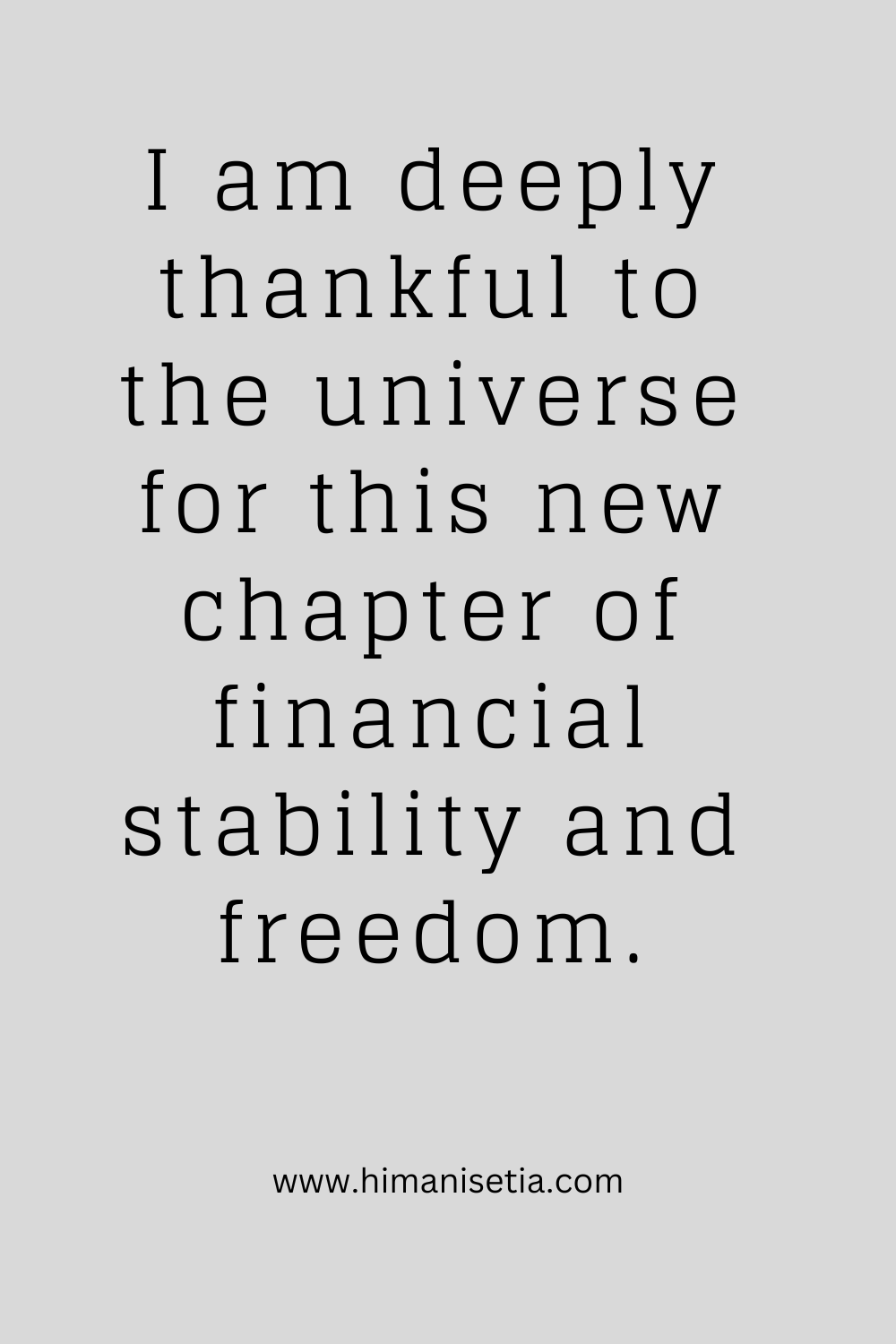Why Things Get Worse Before They Get Better When You Are Healing
Why Things Get Worse Before They Get Better When You’re Healing: The Plateau Effect and Beyond Healing, whether it’s physical, emotional, or mental, is rarely a linear process. We often expect a steady upward trajectory, but the reality is more like a rollercoaster with dips, turns, and the dreaded plateau. It’s during these “dips” that…

Why Things Get Worse Before They Get Better When You’re Healing: The Plateau Effect and Beyond
Healing, whether it’s physical, emotional, or mental, is rarely a linear process. We often expect a steady upward trajectory, but the reality is more like a rollercoaster with dips, turns, and the dreaded plateau. It’s during these “dips” that things can feel like they’re getting worse before they get better. This phenomenon is not just a cruel trick of the universe; it’s often a natural and predictable part of the healing journey. Understanding why this happens can empower you to navigate these challenging periods with greater resilience and hope.
Understanding the Plateau Effect: The Calm Before the Breakthrough
One of the most common explanations for why things seemingly worsen before improvement is the plateau effect. This principle, well-documented in various fields like fitness and habit formation, describes a period where progress seems to stall despite continued effort. Why does this happen?
- Body Adaptation: In physical healing, your body might initially respond quickly to treatment or rehabilitation. However, as tissues begin to repair, the body adapts, and progress slows down. The inflammation might initially decrease, but as the body works on deeper tissue remodeling, temporary discomfort or even increased pain can surface.
- Habit Changes and Resistance: When implementing new habits for emotional or mental well-being (like starting therapy, practicing mindfulness, or cutting out toxic relationships), you’re disrupting established patterns. This can initially trigger resistance from your ingrained behaviors and thought patterns. You might experience more anxiety, sadness, or irritability as you challenge your old coping mechanisms.
- Unearthing Underlying Issues: Healing often involves confronting underlying issues that were previously suppressed or ignored. For example, addressing a physical injury might uncover deeper emotional trauma connected to the event that caused it. Similarly, working through depression might reveal unresolved childhood wounds. This process of uncovering these issues can initially intensify negative emotions and make you feel worse before you can truly process and heal them.
Beyond the Plateau: Other Factors Contributing to the “Worse Before Better” Phenomenon
The plateau effect is a significant contributor, but other factors can also make the healing journey feel like a step backward before a leap forward:
- Detoxification (Physical and Emotional): Healing can involve a form of detoxification. Physically, this might be the body clearing out toxins released during tissue repair. Emotionally, it can mean processing pent-up emotions, which can feel overwhelming and painful in the short term. Think of it like cleaning out a cluttered room – it looks messier before it looks clean.
- The Unmasking of Compensatory Mechanisms: We often develop coping mechanisms to deal with pain, both physical and emotional. These mechanisms might mask the true extent of the problem. As you begin to heal, these compensations become less necessary, and you might become more aware of the underlying pain or dysfunction. For example, if you’ve been unconsciously compensating for a weak knee, as it starts to heal, you might suddenly feel the weakness more acutely because you’re no longer relying on those compensatory muscles.
- Increased Self-Awareness: As you dedicate time and energy to healing, you naturally become more self-aware. This heightened awareness can make you more attuned to your pain, discomfort, and negative emotions. While ultimately beneficial, this increased sensitivity can initially feel like things are worsening.
- Setbacks and Relapses: Healing isn’t a perfectly smooth path. Setbacks and relapses are a normal part of the process. You might experience a flare-up of symptoms, a return of old habits, or a temporary dip in motivation. These setbacks can feel demoralizing and contribute to the feeling that things are getting worse.
Navigating the “Worse Before Better” Stage: Tips for Staying on Track
Recognizing that the “worse before better” phase is a normal part of healing is the first step to navigating it successfully. Here are some practical tips:
- Be Patient and Kind to Yourself: Healing takes time. Don’t expect overnight miracles. Treat yourself with compassion and understanding, especially during difficult periods.
- Track Your Progress (Even Small Wins): Keep a journal or log to track your progress, even the small victories. This can help you see the bigger picture and remind you of how far you’ve come.
- Celebrate Milestones (Big or Small): Acknowledge and celebrate your achievements, no matter how small they may seem. This helps reinforce positive momentum and boosts motivation.
- Adjust Your Expectations: Avoid comparing your healing journey to others. Everyone heals at their own pace. Focus on your own progress and celebrate your individual achievements.
- Seek Support: Connect with friends, family, or a therapist for support. Talking about your struggles and sharing your experiences can help you feel less alone and more resilient.
- Stay Consistent with Your Treatment Plan: Even when things feel tough, stick to your treatment plan. Consistency is key to long-term healing.
- Focus on Self-Care: Prioritize self-care activities that help you manage stress and promote well-being. This could include exercise, meditation, spending time in nature, or engaging in hobbies you enjoy.
- Remember Your “Why”: Reconnect with your reasons for embarking on this healing journey. Remembering your goals and values can provide motivation and help you persevere through challenging times.
- Know When to Seek Professional Help: If you’re feeling overwhelmed, discouraged, or experiencing significant setbacks, don’t hesitate to seek professional help. A therapist, doctor, or other qualified healthcare provider can provide guidance and support to help you navigate your healing journey.
Keywords for SEO:
- Healing Plateaus
- Worse Before Better Healing
- Plateau Effect
- Physical Healing
- Emotional Healing
- Mental Health
- Setbacks in Healing
- Self-Care for Healing
- Coping with Healing Challenges
- Healing Journey
- Detoxification Healing
- Resistance to Change
- Progress Stalled Healing
Conclusion:
The journey to healing can be challenging, and the feeling that things are getting worse before they get better is a common and often necessary part of the process. By understanding the underlying reasons for this phenomenon and employing strategies to navigate these challenging periods, you can empower yourself to stay on track, persevere through the difficult times, and ultimately achieve lasting healing and well-being. Remember that setbacks are temporary, and with patience, perseverance, and self-compassion, you can emerge stronger and healthier on the other side.
#Worse #Healing






